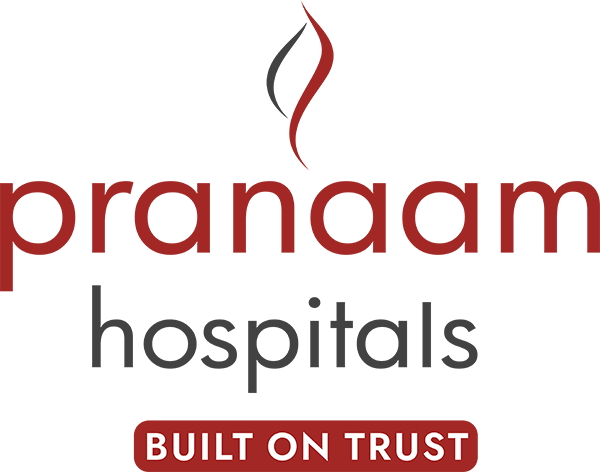Introduction: Not All Births Begin on Time
Every year, millions of babies are born too soon. These are preterm babies born before 37 weeks of pregnancy. And while the joy of birth remains, the journey becomes more delicate. Many parents aren’t prepared. Some have never even heard the term “NICU” until the moment they need one.
This blog is here to change that.
Whether you’re a new parent, expecting, or simply want to understand what preterm birth means, this guide will help you see that even the tiniest lives can grow strong, with the right care.
What Is a Preterm Baby?
A preterm baby, also known as a premature baby, is born before completing 37 weeks of gestation. Depending on how early the baby is born, they may fall into categories such as:
- Late preterm: 34(0/7) to 36 (6/7) weeks
- Moderately preterm: 32(0/7) to 33(6/7) weeks
- Very preterm: Less than 28(0/7) to 31(6/7)
- Extremely preterm: < 28 weeks
Each day inside the womb matters. So when babies arrive early, they need special medical support to survive, adapt, and grow — this happens inside a specialized unit called the NICU.
What Is NICU (Neonatal Intensive Care Unit)?
A Neonatal Intensive Care Unit (NICU) is a specialized medical space designed to care for premature newborns, low birth weight, or critically ill at birth.
Here’s what a NICU typically provides:
- Temperature-controlled incubators
- Breathing support both invasive ventilation & non invasive ventilation.
- Continuous monitoring(Heart Rate, 02 levels, beathing pattern and vital signs)
- IV nutrition and feeding support. Total paraternal nutrition
- Infection control and round-the-clock observation
- Kangaroo Mother Milk.
- Trained neonatologists, nurses, and support staff
In short, The NICU creates a safe space for babies to catch up and grow stronger, one breath, one heartbeat at a time.
Why Do Preterm Births Happen?
Preterm births can occur due to many reasons, including:
- Multiple pregnancies (twins or triplets)
- Infections during pregnancy
- High blood pressure or gestational diabetes
- Cervical or uterine abnormalities
- Lifestyle factors like smoking or poor nutrition
- Sometimes, no clear cause at all
It’s important to remember it’s not anyone’s fault. What matters is knowing that the
baby can still thrive with proper neonatal care.
How Neonatologists Make a Difference
A neonatologist is a pediatrician with extra training in handling high-risk newborns.
Their role is vital in preterm birth care because they:
- Assess breathing, heart rate, and reflexes at birth
- Manage ventilators, feeding tubes, and medications
- Watch for signs of brain, lung, or gut complications
- Support parents emotionally and medically through the NICU journey
- Coordinate discharge plans and follow-up care for the baby’s growth
These specialists don’t just care for babies, they guide families through some of the toughest days of their lives.

What Parents Often Ask
“Will my baby be okay?”
In many cases, yes. With good NICU care, survival rates have improved greatly, even for extremely preterm babies.
“How long will my baby stay in the NICU?”
It depends on the baby’s weight, gestational age, and overall health. Some stay a few days, others a few weeks or more
“What can I do as a parent?”
Be present. Talk to your baby. Follow NICU hygiene guidelines. And don’t be afraid to
ask the care team questions, you’re part of the healing process.
A Legacy of Neonatal Care That Matters
Not every hospital is equipped to care for preterm babies. It requires dedication, training, and the right infrastructure. In Hyderabad, a few centers have built a reputation for neonatal care that combines medical precision with family-centered compassion.
Hospitals like Pranaam have seen hundreds of preemies go home healthy, stronger,
and smiling thanks to NICU teams who treat every gram of life like gold.
Small Beginnings. Big Futures.
Preterm birth is not the end of a dream, it’s the beginning of a unique journey. And with today’s advancements in neonatal medicine, that journey is filled with hope, resilience, and remarkable recoveries.
If you’re a parent, family member, or caregiver, know this: You are not alone. The
NICU is not a cold space. It’s a cradle for the tiniest fighters.


